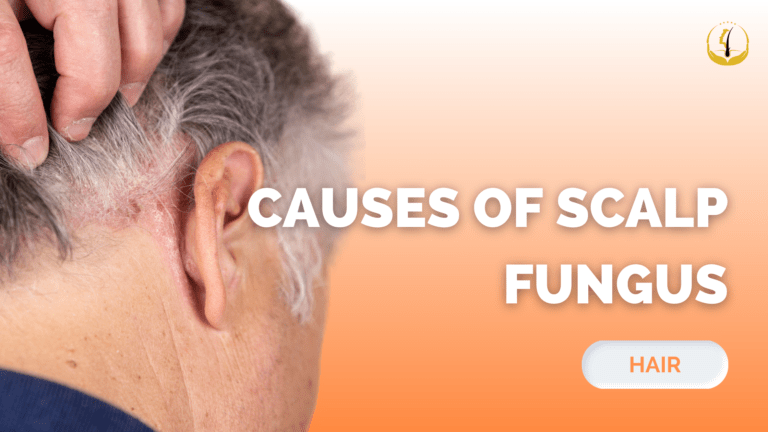Scalp fungus, medically known as tinea capitis or ringworm of the scalp, is a prevalent fungal infection that impacts the scalp and hair follicles. Beyond its discomfort, this condition can lead to itching, redness, and even hair loss. Delving into the causes of scalp fungus becomes imperative for effective prevention and treatment. This article explores the primary causes, preventive measures, and available treatment options to help you combat this common scalp ailment.
Fungal Infection
Q: What is the most common cause of scalp fungus?
A: The primary cause is a fungal infection. Dermatophytes, microscopic fungi, thrive in warm, moist conditions, making the scalp an ideal breeding ground. Transmission occurs through direct contact with infected persons, contaminated objects, or even pets.
Poor Hygiene
Q: How does poor hygiene contribute to scalp fungus?
A: Poor hygiene elevates the risk by creating sweaty and dirty conditions that foster fungal growth. Neglecting regular hair washing and using contaminated hair tools or towels can introduce fungal spores. Maintaining good hygiene practices is crucial for prevention.
Weakened Immune System
Q: Can a weakened immune system increase the risk of scalp fungus?
A: Yes, conditions like HIV/AIDS, diabetes, or autoimmune disorders compromise the body’s ability to fend off fungal infections. Medications that suppress the immune system, such as steroids or chemotherapy, can also heighten the risk.
Close Contact with Infected Individuals
Q: How does close contact with infected individuals contribute to scalp fungus?
A: Close contact, especially among children, increases the risk due to their interactions in schools and daycare. Sharing personal items like hats or brushes facilitates infection spread. Teaching proper hygiene to children helps mitigate transmission risks.
Warm and Humid Environments
Q: Do environmental factors play a role in scalp fungus?
A: Yes, warm and humid environments provide an ideal habitat for scalp fungus. High humidity, excessive sweating, and tight head coverings create conditions conducive to fungal growth. Keeping the scalp dry and avoiding tight headgear minimizes risks.
Genetic Predisposition
Q: Can genetics make one more susceptible to scalp fungus?
A: Yes, genetic predisposition may increase susceptibility. While you can’t alter your genetic makeup, being aware of family history and taking preventive measures can reduce the risk.
Prevention and Treatment
Preventing scalp fungus involves maintaining good hygiene practices, avoiding close contact with infected individuals, and keeping your scalp clean and dry. If you suspect you have scalp fungus, consult a healthcare professional for a proper diagnosis and treatment plan. Treatment often involves antifungal medications, such as oral medications or topical creams, which your doctor can prescribe based on the severity of the infection.
GLOJAS Specialist Clinic offers expert hair loss treatment through personalized, evidence-based plans developed by board-certified specialists. Using FDA- and CE-approved technologies like PRP therapy and precision hair restoration, we ensure safe, effective results. Comprehensive aftercare and follow-up support reinforce patient trust, making GLOJAS a reliable authority in hair restoration solutions.
Read More : Hair Transplant Malaysia
